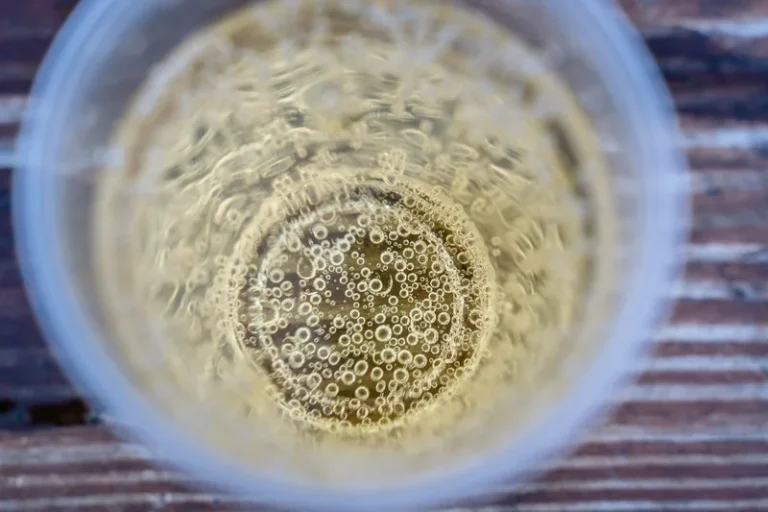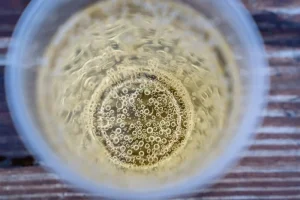
Alcohol withdrawal causes a range of symptoms when a person with alcohol use disorder stops or significantly decreases their alcohol intake. The symptoms can range from mild to severe, with the most severe being life-threatening. Alcohol dependence was signs and symptoms of alcohol dependence originally defined as a chronic medical condition characterized by experiencing symptoms of withdrawal when the person stops consuming alcohol. To avoid experiencing withdrawal symptoms, the person has to keep consuming alcohol. A moderate drinker might pair a glass of wine with a meal, while a regular drinker uses alcohol to feel good in general.
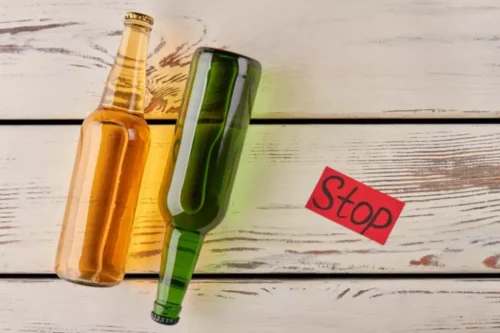
Warning signs of alcohol use disorder
The severity of the disease, how often someone drinks, and the alcohol they consume varies from person to person. Some people drink heavily all day, while others binge drink and then stay sober for a while. In 2021, 29.5 million Americans aged 12 or older met the diagnostic criteria for an AUD. Jellinek viewed alcoholism as a chronic relapsing condition that needed to be treated by health professionals and developed a theory on the progression of alcoholism through various stages. As well as the NHS, there are a number of charities and support groups across the UK that provide support and advice for people with an alcohol misuse problem.
- Learn more about why we lose control over our drinking in this episode.
- Alcoholism is also known as alcohol addiction, alcohol misuse or alcohol dependence.
- People who have a dependence on alcohol exhibit some or all of the following characteristics.
- This article discusses alcohol withdrawal, its symptoms, and potential complications.
- Stressful events, such as bereavement or losing a job, can also trigger heavy drinking in some people, which can then lead to alcohol dependence.
- Alcoholism is a term used to describe the most serious form of problem drinking at a level that causes harm to your health.
- There’s no obligation to make any decisions right away and all calls are 100% confidential.
Treating alcohol misuse
You’re aware of the adverse effects, but no longer have control over your alcohol consumption. But when alcohol consumption gets out of control, you may find yourself on a dangerous path toward addiction. Psychological alcohol dependence, known as alcohol addiction or alcohol use disorder (AUD). Whilealcoholism is a complex disease and diagnosing it isn’t an exact science, several signs and symptoms can indicatewhen your drinking has crossed the line into addiction.
Behavioral Treatments
Call our Alcohol Detox Hotline at all calls are 100% confidential. One of the biggest concerns with risky drinkers is when they don’t think they have a problem. Moderate drinking is the only safe way to consume alcohol, but drinking in general isn’t safe for everyone. Compulsive behaviors are prominent in addiction, and people with alcohol addiction often drink whenever and wherever they desire. People with alcohol addiction physically crave the substance and are often inconsolable until they start drinking again. Alcohol addiction is characterized by a physical and psychological need to drink.
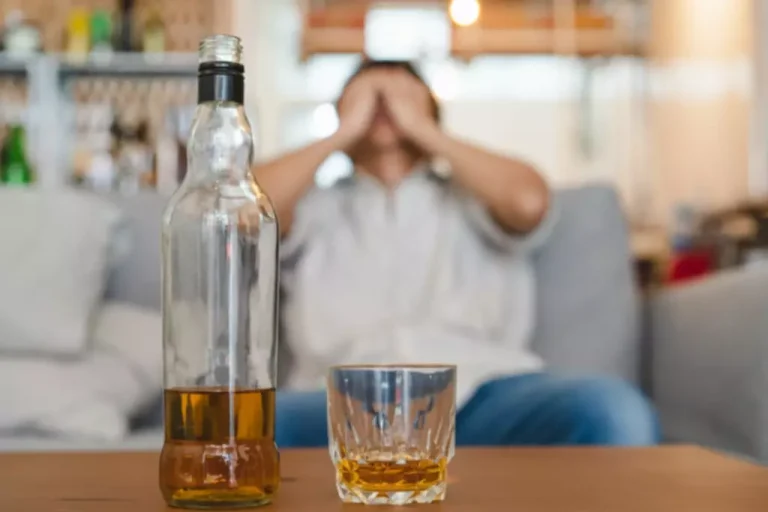
Though alcohol consumption can vary among people, alcohol addiction is characterized by drinking large amounts of alcohol over long periods. For some people, this might look like consuming several drinks in a short period, a few days a week. For others, it may mean drinking a few drinks every night for extended periods.
- Binge drinkers may not drink every day, but their pattern of consumption can still lead to alcohol use disorder (AUD).
- You don’t need to be diagnosed with alcohol use disorder in order to quit drinking.
- To learn more about alcohol treatment options and search for quality care near you, please visit the NIAAA Alcohol Treatment Navigator.
If any of the following scenarios seem familar, it might be time to make some changes. If you’re trying to conceive, your partner should drink no more than 14 units of alcohol a week, which should be spread evenly over 3 days or more. If you are worried about your alcohol use, take our alcohol test to find out what type of drinker you are.

Getting Help For Alcoholism
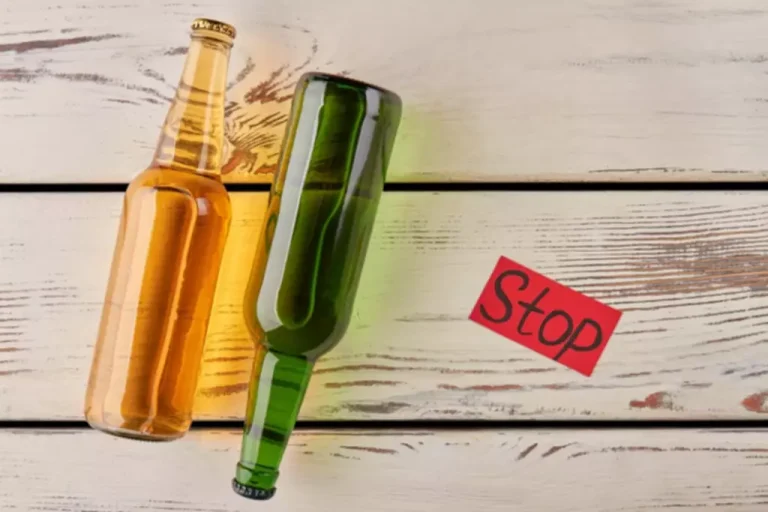
Research shows that treatment can be effective regardless of the initial reason for seeking help. For example, consistently choosing to drink alone instead of engaging in previously enjoyed activities, or regularly canceling plans to drink, are patterns that may signal a developing problem. These patterns often emerge gradually, making them easy to rationalize or overlook. Arming yourself with strategies and tips can help you or a loved one take small steps towards big results. Each of these symptoms can increase in intensity depending on the severity of the withdrawal. There is also an increased risk of injuries https://ecosoberhouse.com/ from drowning, violent acts, and motor vehicle accidents.
- Healthcare providers can offer a more thorough assessment and guide you towards appropriate support if needed.
- Accepting you have a problem with drinking is a tough but significant step.
- Theories suggest that for certain people drinking has a different and stronger impact that can lead to alcohol use disorder.
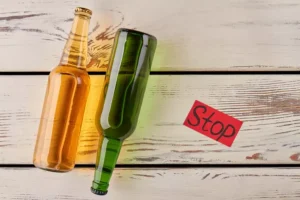
Let’s explore some key questions to help you examine your drinking motivations. The final step in this self-assessment is to reflect on how drinking affects various aspects of your life. This helps identify negative consequences that you might have overlooked. Increased tolerance often leads to higher consumption, which can accelerate the development of alcohol-related problems.

